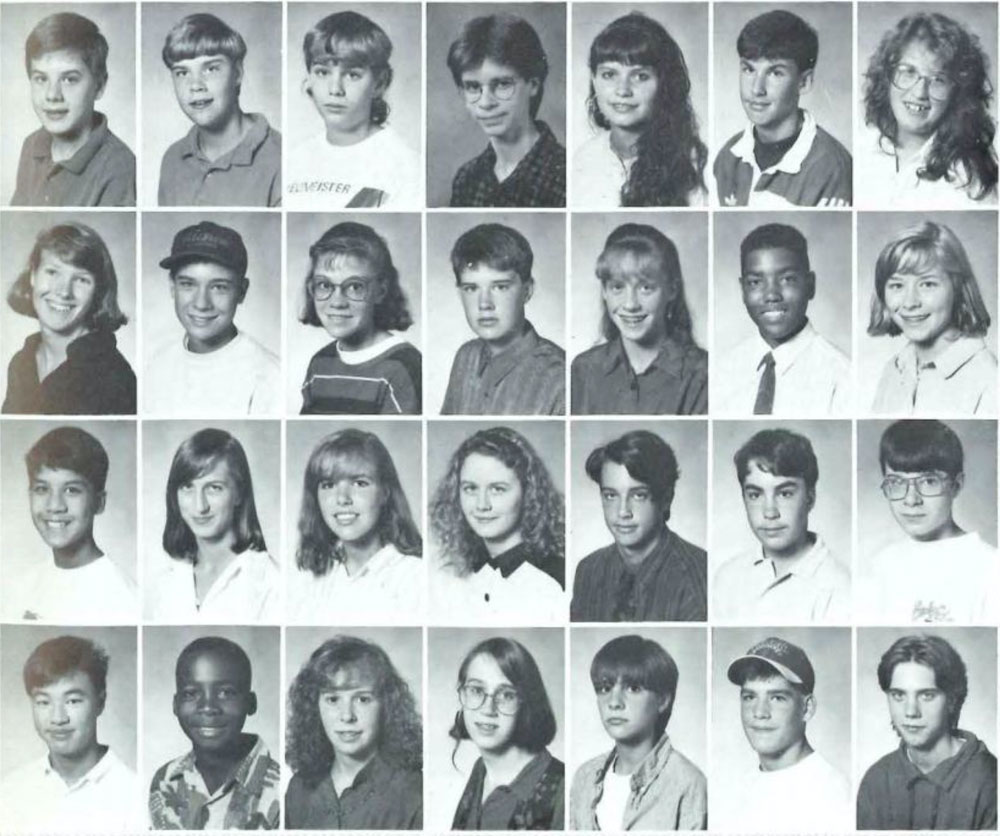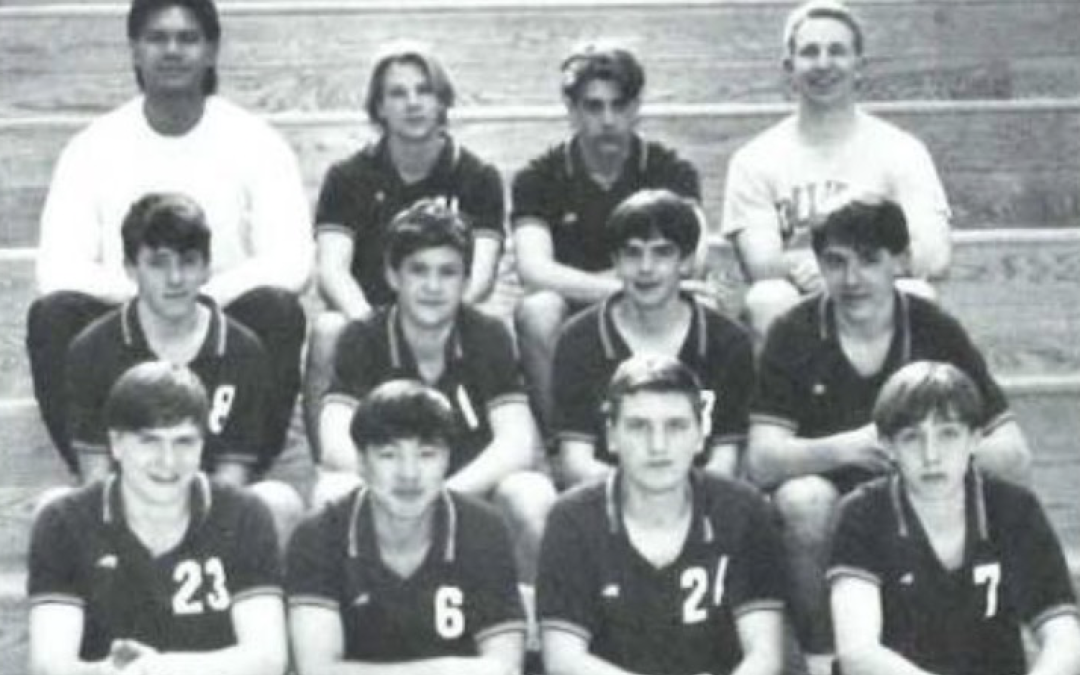I grew up in Central Pennsylvania and at the time the Shungs were only one of no more than eight Asian families in the city. I believe I was the only Asian American in a high school class of around 450. I grew up with identity issues, which I know is a struggle with other Asian Americans as well.

As children of immigrants, my siblings and I were trained to be like our Asian parents—Respect everyone. Try to be like everyone else. Keep everything inside and don’t express your feelings. Be dutiful. Stay silent. Don’t draw attention to yourself.
However, when others treat you like you’re an outsider, but you yourself feel like an insider, it can get confusing. Your parents tell you to not forget you are Chinese, but you were born in America. You don’t particularly like things in the Chinese culture and your friends around you don’t do Chinese things. Their parents feel much cooler than your own. Wait, they can wear shoes in their house? That’s blasphemy! You mean their TV remote isn’t covered in saran plastic wrap nor do they save napkins from restaurants? Where is their cabinet filled with plastic bags and repurposed containers? I would have loved having pancakes for breakfast instead of congee with pickled lettuce.
When I visited Taiwan for the first time, I thought that finally people would look at me like I was at home. Instead, they told me that I was American, not Chinese. To them, I looked American, I dressed like an American, and I spoke like an American. In my head, I thought to myself, “So if I’m not American and I’m not Chinese, then what the hell am I? Where do I belong?”
It’s difficult to describe the feeling of walking through the high school hallways and hearing strangers call me “Chink” or when everyone made Kung Fu karate chop motions everywhere I went.
Here is a list of just a few of the things I’ve encountered in the past:
“Simon, what’s for dinner tonight?…Sukiyaki?” —In 3rd grade, I didn’t even know what that was.
“Stupid Chinese! You walk like you drive.”—I was just walking slowly browsing the aisles at Walmart.
I left a restaurant once and someone said, “Sank you. Sank you, vedy much” in a Chinese accent while pulling up on their eyes into slits.
My wife and I were on a walk and were passing a group of white kids having a party. They yelled, “Stop looking at us. Go home and do some math.”
In a grocery store, I was asked, “Are you Oriental? How is the frozen beef and broccoli?”
The list goes on and on. Each one of these incidences, no matter how long ago they occurred, remain locked in my mind and have affected me.
When I moved my family to Irvine and started my orthodontic practice in the Woodbury Town Center, I truly felt like home. The diversity we have in this city is astronomical and I realized that I could relate to so many other families in the area. It was a weird sense of euphoria to be able to relate to my neighbors (and not have to explain why we take our shoes off in our home).
It makes me so proud to see big picture Hollywood movies that portray Asian Americans as love interests or lead roles and not Kung Fu masters or rickshaw carriers. I’m so happy that Hidecki Matsuyama won the Masters! I’m so happy to see people stand up for Asian discrimination. I’m so happy that my kids have the privilege to grow up in diverse Irvine where they don’t have to go through the negative experiences that I did.
My message is that I am both ecstatic and relieved that America is recognizing the AAPI community. I don’t feel different anymore. I feel like I belong somewhere. Thank you to those who are paving the way for a future where my children won’t get asked, “Is it hard to see for you because your eyes are so small?” Yup, who else has heard that one before?


